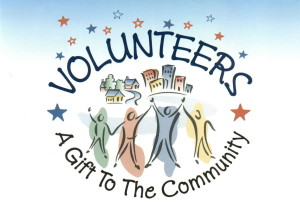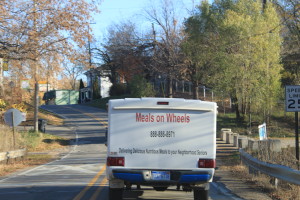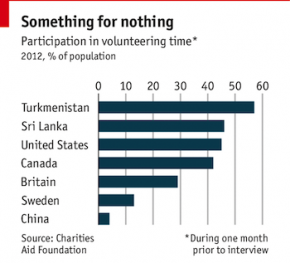It is a new year and that calls for resolutions to strive to stay in line with for the next 52 weeks. There are many common ones to better oneself, like going to the gym, or running a certain amount of miles every week. But how about undertaking a resolution that will not only help yourself, but others. Volunteering is a noble, selfless cause that fills every party involved with a sense of purpose and generosity. While you are pondering how to get involved in the volunteering world, remember these five things before you dive in.
Know what you want to get out of your volunteered time.
Volunteering is about giving back, that is root of the entire action, but many volunteers bring home a number of intangible things with them. Volunteers can take away a learned skill from working with their hands, fundraising, or event planning. There are always the volunteers who want to help a problem in the community so they get to work and bring home a sense of community.
Know what to give.
“Just getting involved” is a common entry phrase for volunteers. Knowing what you want to put in, whether it be a skill or just manpower, can help you have that sense of purpose in a volunteer effort. When not having a plan for what you want to give to a cause can leave you feeling out of place and unfulfilled.
Know your commitment level.
Never over promise time. Be realistic with the time you can give and be honest to organizers. Humans have a tendency to want to please everyone but in volunteer efforts, its better to be upfront and honest about how much time can be given.
Know where to get involved.
Research the best ways to get involved in a cause that you feel passionate about. If you do not have one of those causes in mind, take to the internet and search for what organizations there are and how they can use your help.
Connect with the volunteering world.
Ask fellow volunteers how they got involved, how much time they spend, why they do it. Having a connection of volunteers is a great way to share and receive information about initiatives and motivations behind the rest of the volunteering world.
TO read the original article, click here.



